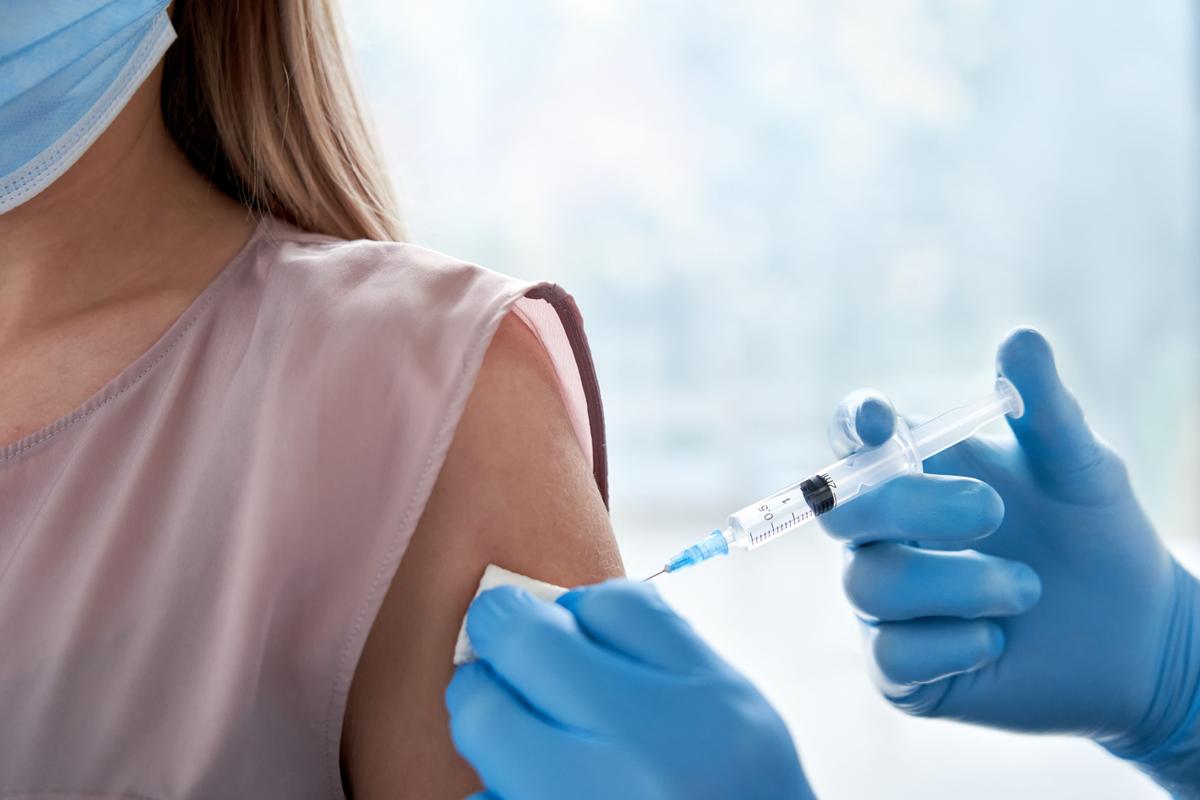Anyone who has ever undergone a transplant is considered a COVID-19 risk patient. When vaccines were scarce in the midst of the corona pandemic, transplant patients were given priority in the vaccination programme of the government, regardless of the type of transplantation they had undergone.
To get an insight in the frequency of severe COVID-19 infections in transplant patients and the safety and efficacy of vaccination, the UZ Leuven council for transplantation set up large trial. In total 1,878 adults who had received a new liver, lung, heart, kidney or pancreas or had undergone a bone marrow transplant participated. It is the first time that all transplant populations were compared in the context of COVID-19.
Safe
First and foremost, the trial confirmed that COVID-19 vaccination is safe for transplant patients.
Prof. dr. Jef Verbeek, hepatologist at UZ Leuven and principal investigator: “The corona pandemic had a big impact on the daily life and medical care of transplant patients. There was a lot of anxiety among our patients, also about the vaccines. This is because they receive immunosuppressant medication against rejection of the donor organ and are therefore especially vulnerable. But we can reassure everyone: we did not see any serious adverse effects after repeated vaccination in the nearly 2,000 patients studied, who altogether received more than 4,000 jabs. Vaccines are therefore safe, also after a transplant.”
We did not see any serious adverse effects after repeated vaccinations in the nearly 2,000 patients studied, who altogether received more than 4,000 jabs. Vaccines are therefore safe, also after a transplant. Prof. dr. Jef Verbeek, hepatologist at UZ Leuven
Prof. dr. Jef Verbeek, hepatologist at UZ Leuven
Differences in antibody production and severity of infection
More importantly and remarkably is that the doctors saw large variation in the extent to which the different transplant groups were protected against the coronavirus after vaccination.
Prof. dr. Verbeek: “After the third COVID-19 vaccination 90% of people with a liver transplant were found to have build up antibodies. But in the lung transpant group this was less than half (48%). Lung transplant patients were also found to have by far the highest risk of severe COVID-19 infection. A possible explanation is not only the lower number of antibodies, but also the fact that the coronavirus primarily affects the lungs. Moreover, more immunosuppressant medication is needed after a lung transplant than in other types of transplants. This anti-rejection medication is vital and cannot be interrupted or stopped under any circumstance.”
Up until now, transplant patients were considered one homogeneous group, but certain subgroups with a higher risk, such as lung transplant patients, can benefit more from additional vaccinations or antiviral therapy.
Customisation required
The doctors decide that COVID-19 vaccination is safe for transplant patients, but that customisation is necessary. With their study they want provide a framework for (future) policies for vaccination and care for transplant patients. Up until now, transplant patients were considered one homogeneous group, but certain subgroups with a higher risk, such as lung transplant patients, can benefit more from additional vaccinations or antiviral therapy. Administering additional antibodies may also be indicated especially in those high-risk patients.
